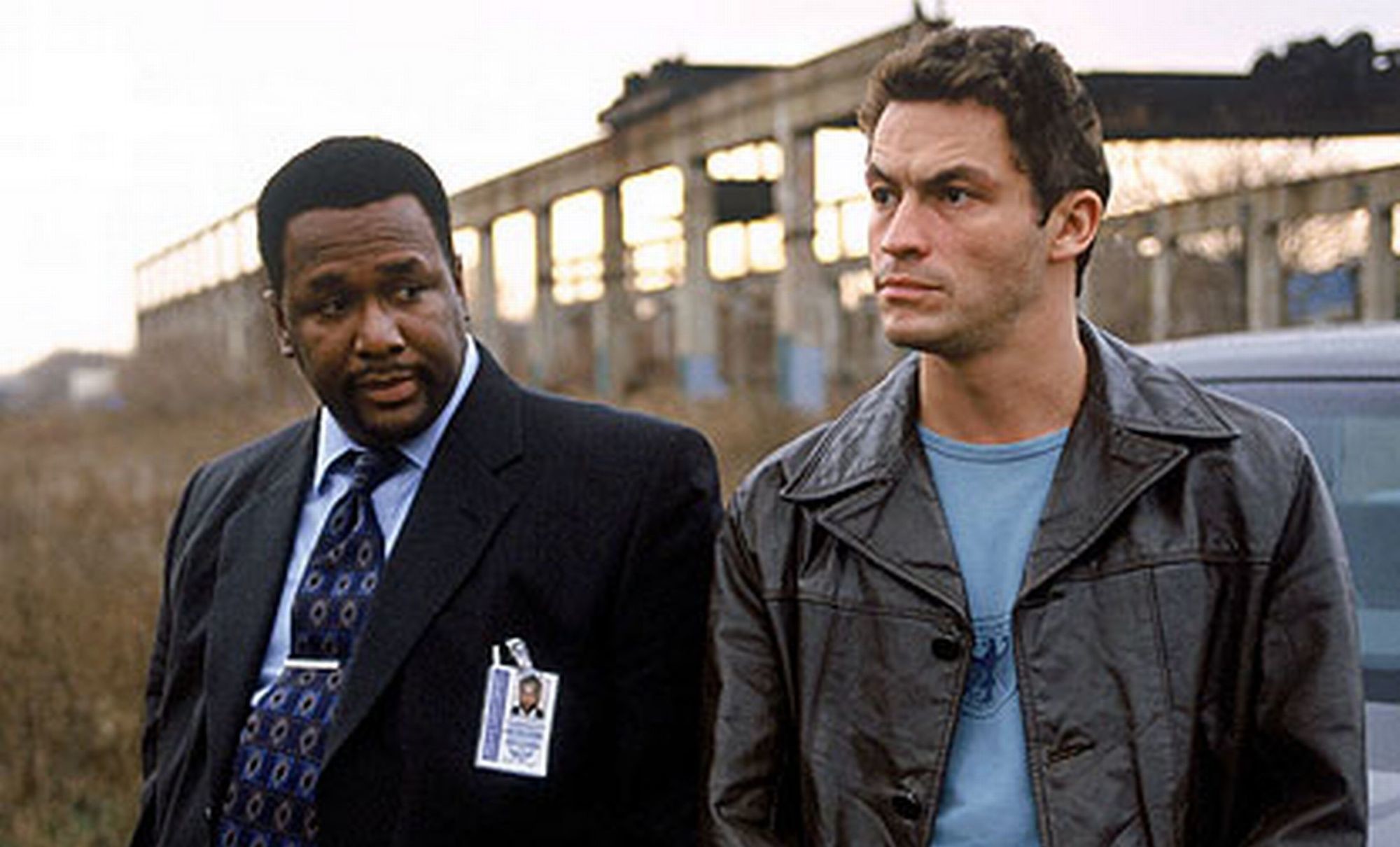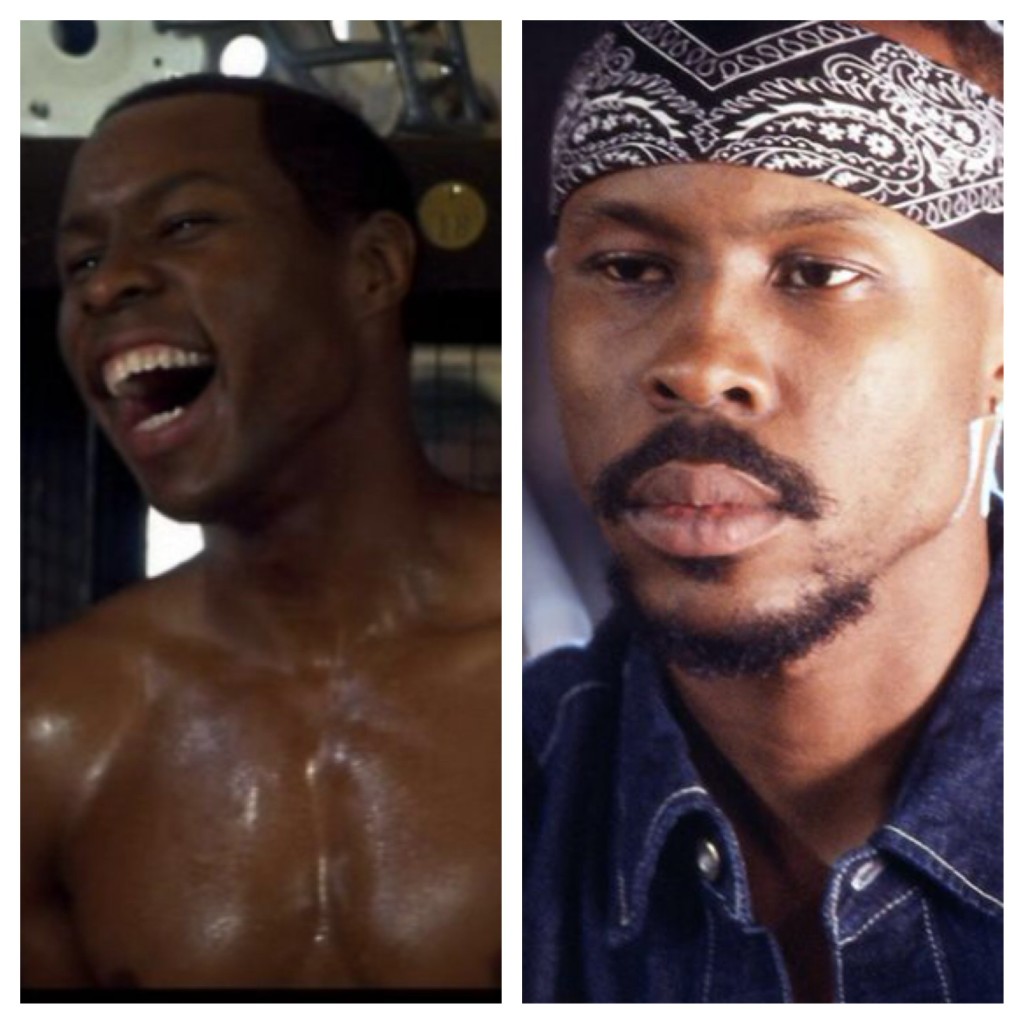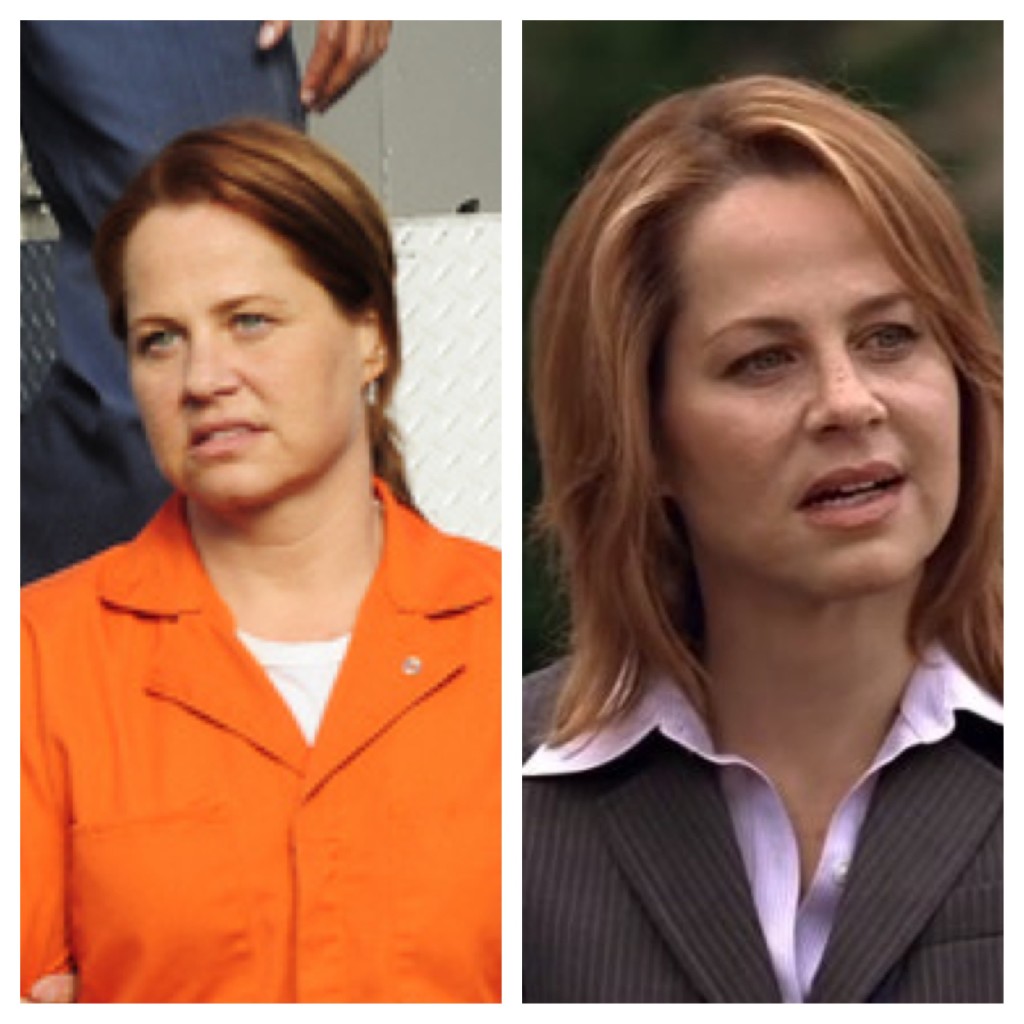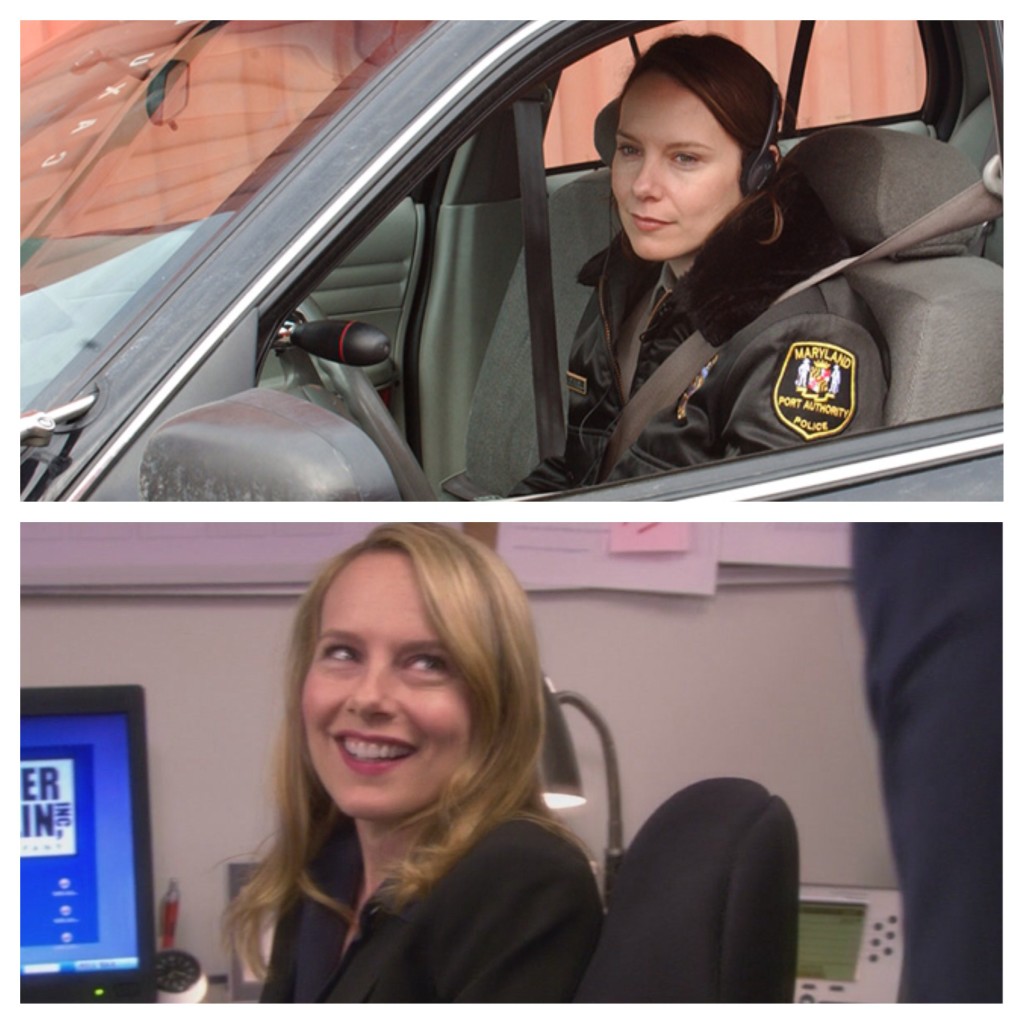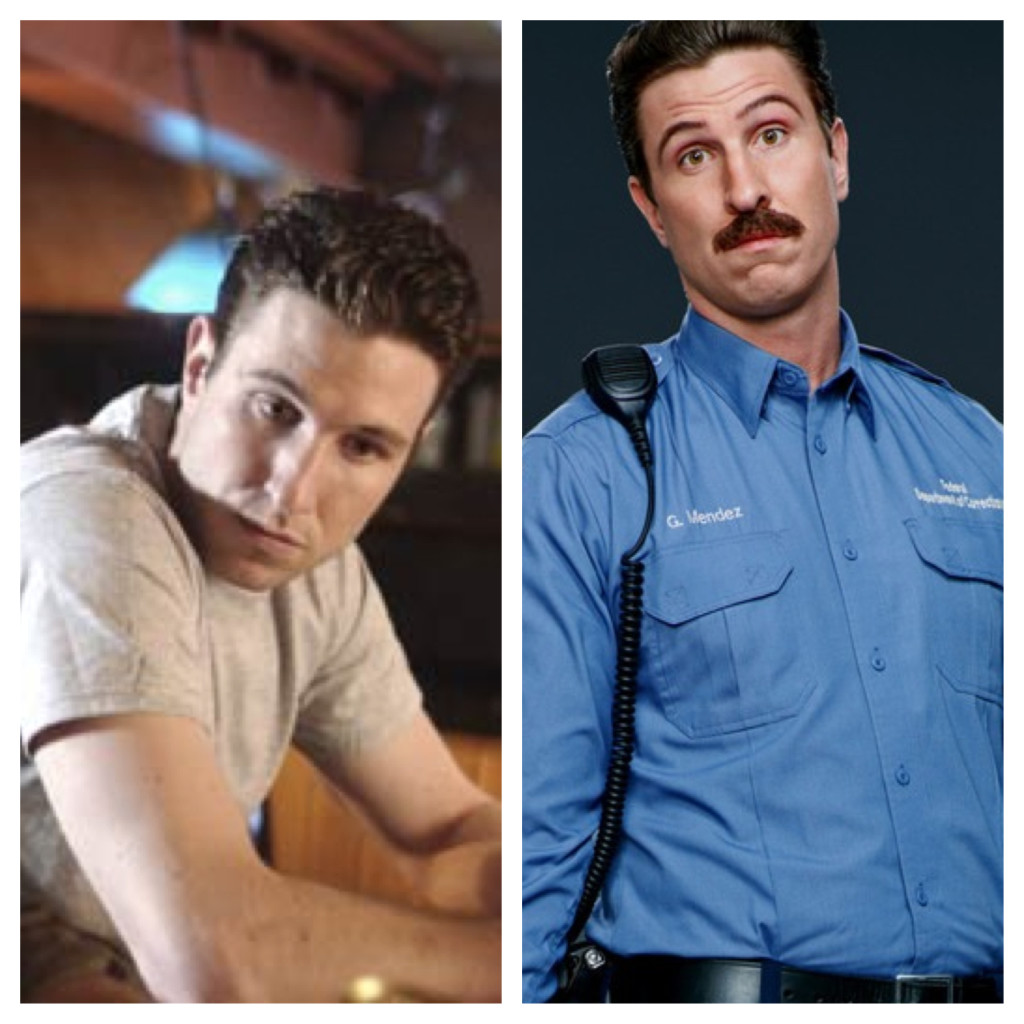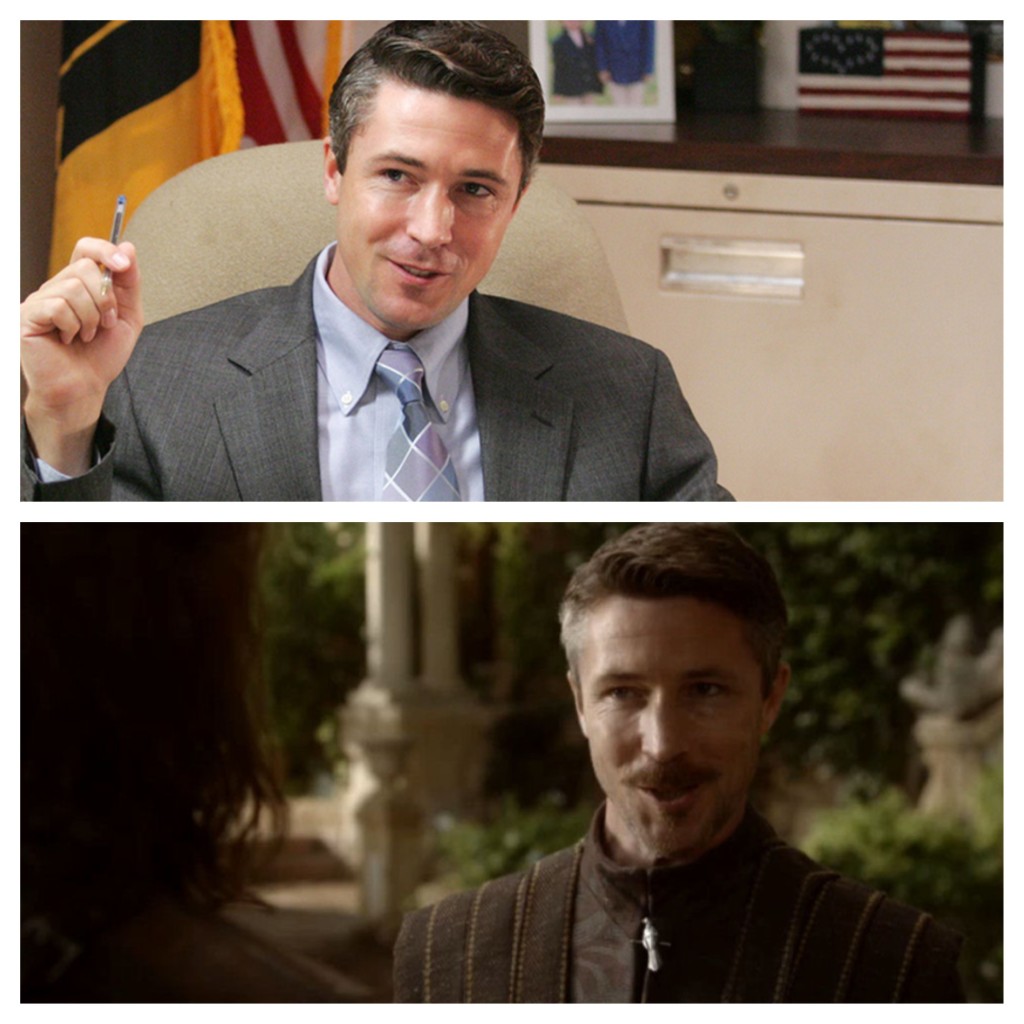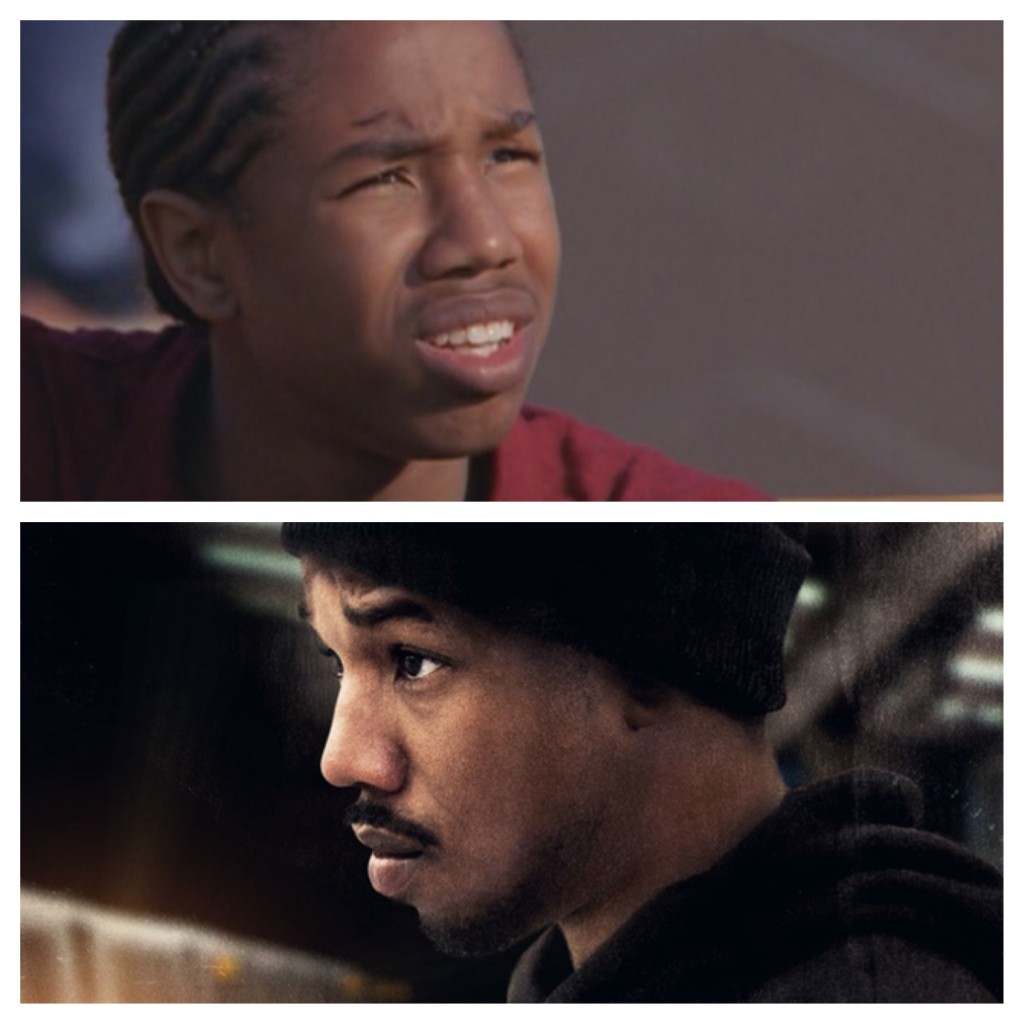When the first season of The Wire hit TV in 2002, I was a doe-eyed high school sophomore who cared a lot about glitter eyeshadow and the Luke/Lorelai dynamic on Gilmore Girls. (Exactly one thing has changed since then — I’m not telling you which). I didn’t even become aware of the show until I was well out of college, and I had an inkling then that I missed something really important.
The thing is, when I was growing up, HBO was a faraway thing, a rumor. Real people didn’t have HBO, hotels had HBO. Due to my super-chill upbringing, the notion of having premium cable was so laughable, I always assumed one had to be obscenely rich and morally decrepit to even want it. Turns out you only have to have a steady job and be morally indifferent, and now that I’ve got a boyfriend with an HBO Go password, I finally get to immerse myself in the then-highly acclaimed and still much beloved series.
But is it too late? It’s dated, yes. I still laugh at the cops’ complete wonderment when they discover that the dock workers use computers. But my fear that The Wire has expired has little to do with the use of pagers and the befuddlement in regards to text messaging. One thing you should know about me: in my mind, only two universes exist, that of reality, and that of non-reality. Anything that is not reality exists in a single world of constants, because apparently, I have no imagination. For this reason, I live for crossovers, prequels, canon theory, etc. (I’ve been known to read Supernatural blogs, and I’ve never even seen the show). This presents a problem, because a huge number of characters on The Wire have gone on to have widespread mainstream success. Success that, since the show first aired, has trickled into my HBO-less existence.
For example, Season 1 quickly introduces Avon Barksdale, shrewd drug lord of West Baltimore. Except in my polished, Disneyland realm, Wood Harris has only ever been Julius Campbell, barrier-shattering protagonist of Remember the Titans. For nearly 15 blissfully ignorant years, that’s who he was to me, and halfway through S1 Ep1, I felt like a second grader who has just seen his teacher in sweatpants at the grocery store. My little baby mind exploded.
And it doesn’t end there. If I thought a teenage civil rights warrior turned drug dealer was traumatic, imagine how I felt when Jimmy McNulty jumps into bed with THE BAD GUY FROM BONES. I spent two seasons enduring the torture of Heather Taffet toward my beloved Booth and Brennan (I was unemployed for six months, they were everything to me), so I’m sure you can understand my shrieking, “She’s a liar Jimmy; she’s gonna kill you,” at the TV every time her dumb, big, murdery face flashed on the screen. Disrupts the true narrative just a bit.
What may be worse than the characters who are polar opposites of their alter egos are those who are too eerily similar. Season 2’s Beadie was exactly the skittish Holly Flax of The Office, except in a squad car. She looked like Holly in Halloween costume, and for the entirety of the second season I stared at her expectantly, waiting for her to break the fourth wall and acknowledge the camera with a sheepish smirk.
Worse even still are the ones who think that their lack of mustache is enough to fool me. Early in Season 2 was the fuzzy-familiarity-turned-stinging-clarity that Nick Sobotka was no other than the deplorable Pornstache of Orange is the New Black. Nick, only trying to do right by his family, falls into the world of drug dealing, and I’m supposed to like him. I’m supposed to be rooting for him just a little bit. But I can’t. I know his future: after his brush with smuggling Russian prostitutes, he turns to law enforcement, just to fall into an outwardly more respectful, but internally yuckier lifestyle. I’ve seen your future Nico. It ain’t pretty.
And in case I wasn’t skeeved out enough, who should appear in Season 3 but Petyr Baelish, fucking LITTLE FINGER of Game of Thrones. He’s as slimy and conniving a politician in Baltimore as he is in Westeros, but somehow, his ‘stachelessness makes it worse (how? I don’t know. What we’re dealing with is new and scary). I can’t shake the feeling that he’s still got that moon door move in his back pocket.
I’m halfway through Season 3, and I’ve stopped counting the characters who are unwittingly going to be devoured by zombies in a post-apocalyptic Atlanta on a hit AMC show a decade later. The Wire characters are all over The Walking Dead, probably just to bother me, to drive me mad, to leave me sleepless. And when I do succumb to fitful sleep, I’m plagued with stress dreams over a young and troubled Wallace being mercilessly gunned down, only to be resurrected as Oscar Grant and mercilessly gunned down again in Fruitvale Station. Poor Wallace never deserved any of it.
Conclusion: The Wire, even ten years later, stands as quality television. But if you’re anything like me, achieving a vacancy of mind enough to believe the characters as they are, and not within the context of everything they’ve done since, is nearly impossible. Somewhere in the back of my mind, I’m always constructing scenarios in which Idris Elba can exist as Stringer Bell, and guest star on The Office, and then make the leap to John Luther all in one universe, only taking a break to scream at the TV that Rhonda Pearlman is the true villain, and just wait, she’s gonna kill ‘em all.
